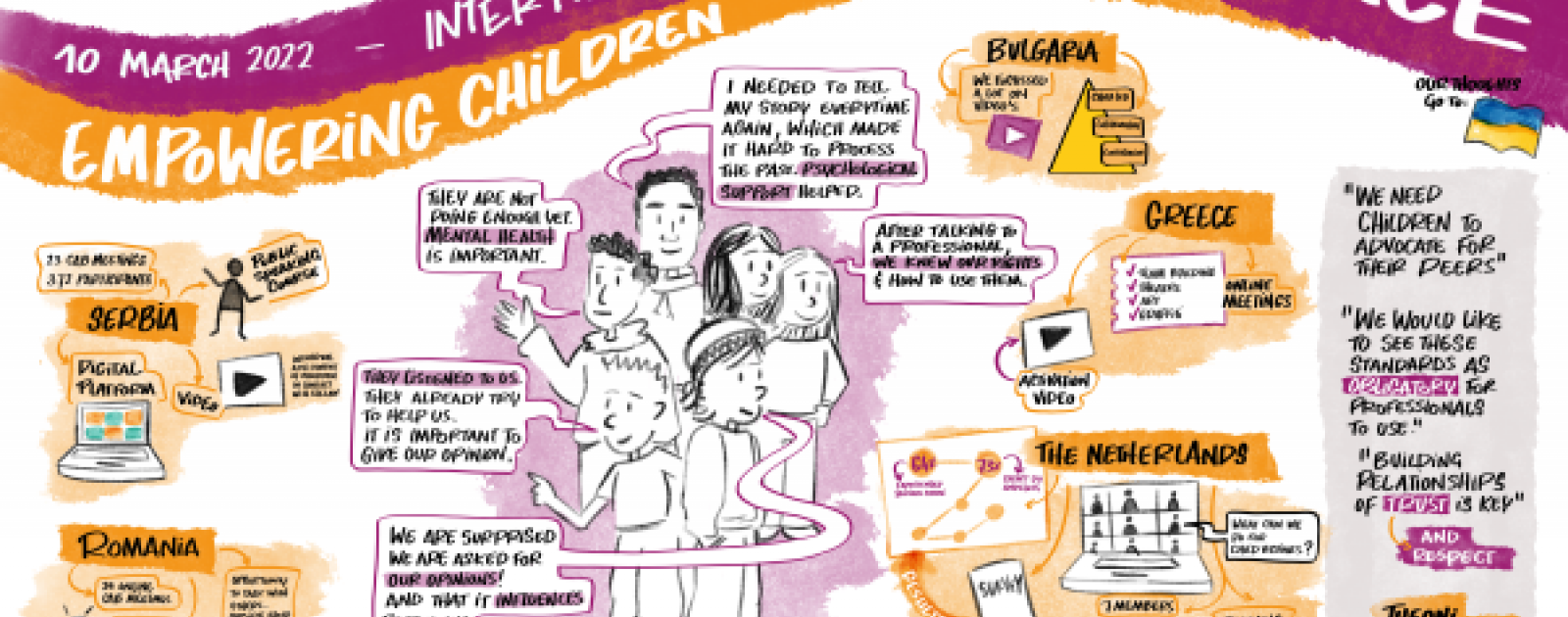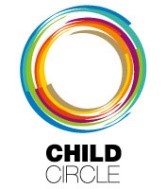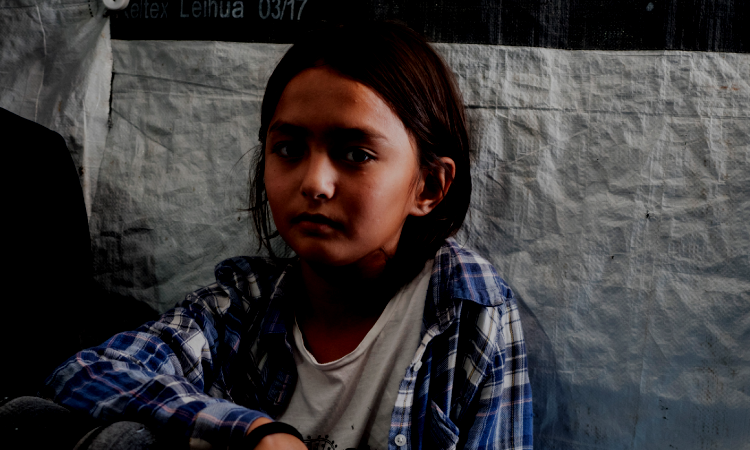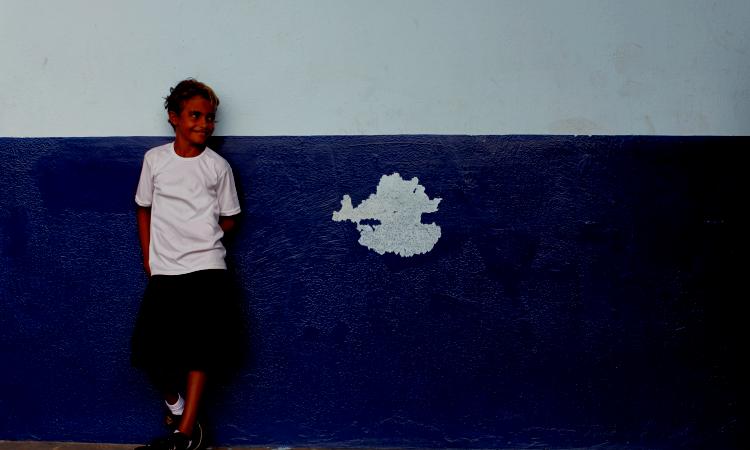
During the closing conference, the FOCUS project team officially launched its learning platform for child justice professionals on individual assessments, to ensure that the needs of children in contact with the law are comprehensively assessed and their voices are heard.
As the FOCUS research—summarised in the Research Summary in Europe on Individual Assessment—shows, individual assessments are required, but are not consistently implemented around Europe. Furthermore, there's a substantial lack of standards and practices to systematize this assessment.
To build capacity and offer pragmatic support, FOCUS produced a dedicated learning platform for professionals working with children in criminal proceedings. It is available in six languages (English, Bulgarian, Dutch, Greek, Romanian and Serbian).
The platform offers an e-learning course on multidisciplinary needs assessments, and all the tools and resources to implement and systematize the use of multidisciplinary individual assessments, starting with the FOCUS Standards.
The FOCUS Standards represent the foundational building blocks for improving the development and implementation of national individual assessment processes and practices. They provide guiding principles for undertaking individual assessments for children involved in criminal proceedings. They are designed to be flexible and adaptable to the local context, and to assist in practical progress, rather than providing abstract guidance. Their use is supported by the FOCUS Self Reflection Tool, which helps actors assess and improve their systems and practices in line with these standards.
Using the Standards as a guiding light, the FOCUS team also produced and made available on the platform:
- The FOCUS Reference Table for Progress to chart the state of play, and to identify shorter and longer-term needs for improvement.
- The FOCUS Pilot Planning Tool to identify and engage in activities to improve individual assessment processes, depending on opportunities and resources
-
The FOCUS Mapping Tool to help stakeholders review the state of development of individual assessment processes
-
An overview of international human rights standards applicable on individual assessment practices, which lists and explains the relevant human rights standards and articles
These materials were presented during the FOCUS closing conference, attended by 187 professionals from around Europe. Attendees heard from sector leaders and youth
advocates from the FOCUS Child Advisory Boards, and could actively participate in a fruitful roundtable discussion.
Prof. Velina Todorova, Deputy Chair of the UN Committee on the Rights of the Child gave an overview of the international legal framework concerning children's rights and individual assessments.
Our young advocates shared a presentation on their awareness-raising campaigns. They spoke about their experiences, stressing how much it meant for them to be asked for their opinion. This is still not common enough, and more systematic child engagement is needed.
Theoni Koufonikolakou, Deputy Ombudswoman for Children's Rights and the Chair of the European Network of Ombudspersons for Children (ENOC), enthusiastically supported the FOCUS standards in her closing remarks. She praised FOCUS for its holistic and pragmatic approach, as well as the children's involvement. Finally, she called for making the FOCUS standards obligatory, along with the necessary resources.
She stressed the importance of the Best Interests of the Child and its ties with individual assessments. This will require deeper, wider involvement of children to nourish a mutual trust and move to a child-centered justice focused on rehabilitation.
We must move our focus from the punitive approach to a child-centered one, and to collectively understand that there are no dangerous children, only children in danger. Listening to their voices will allow us to build a bridge of communication based on honesty and respect. (Theoni Koufonikolakou)

FOCUS is a project co-funded by the Rights, Equality, Citizenship Programme of the European Commission (2020–2021). It is coordinated by Terre des hommes in Europe, and implemented in partnership with Child Circle, Child Rights Centre, Defence for Children The Netherlands, and SAPI. The project aims at building the capacities of professionals to work in a multidisciplinary way on individual assessments of the need of children involved in criminal proceedings.







